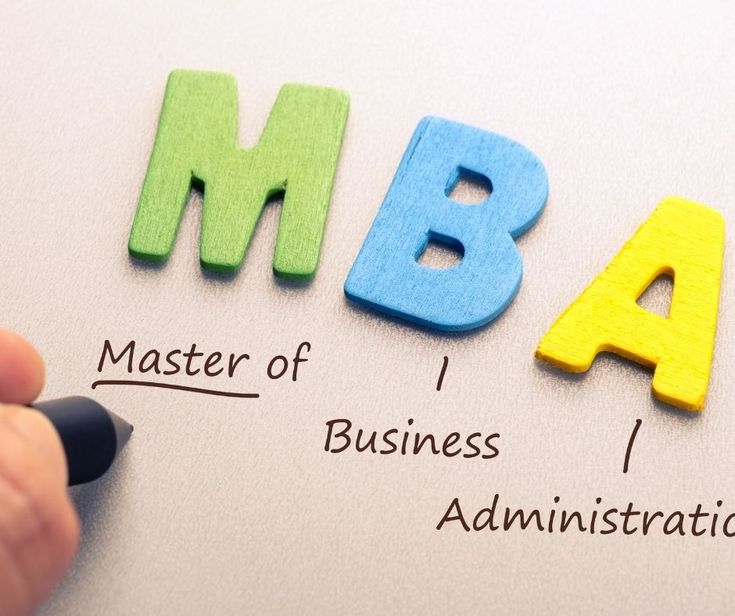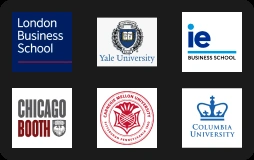
Deferred MBA Programs
Deferred MBA: Everything You Need to KnowDeferred MBA programs are becoming increasingly p…
Table of Contents

In recent years, the option to apply for an MBA without taking the GMAT has gained popularity, particularly during the COVID-19 pandemic. Several top business schools have either made the GMAT optional or offered waivers under specific circumstances. These waivers allow candidates to highlight other aspects of their profiles, like work experience, leadership roles, and academic achievements. However, the availability and criteria for GMAT waivers vary across programs, and they often require a compelling reason or alternative evidence of academic readiness.
An MBA GMAT waiver is an exemption allowing applicants to bypass the GMAT requirement when applying to an MBA program. Schools granting waivers typically look for:
While many schools introduced waivers during the pandemic, candidates need to provide alternative evidence of their academic readiness. This often involves submitting a GMAT waiver request or letter detailing why they qualify for a waiver and how their background makes up for the absence of test scores.
While some top business schools offer waivers, they usually come with strict criteria. Here’s an overview of a few notable programs:
Here’s a table summarizing the GMAT waiver policies at some schools:
School | Waiver Policy |
MIT Sloan | Request waiver due to safety concerns or limitations |
Michigan Ross | Submit an essay explaining the circumstances |
NYU Stern | Request waiver with supporting academic evidence |
Virginia Darden | Case-by-case basis focusing on academic background |
The COVID-19 pandemic significantly impacted GMAT waiver policies. With the closure of test centers and challenges with at-home testing, many schools temporarily waived the GMAT requirement. For instance:
Although some of these policies were temporary, the pandemic has led to a broader discussion about the role of standardized tests in MBA admissions. Some schools now view test scores as just one part of a holistic review process.
Deciding whether to apply for a GMAT waiver depends on your profile:
Executive MBA (EMBA) programs are more likely to offer GMAT waivers due to their focus on experienced professionals. EMBA programs at schools like Kellogg, MIT Sloan, and Wharton often waive the GMAT for candidates with significant work experience, usually in senior leadership roles.
While GMAT waivers make the MBA application process more accessible, they are not a guaranteed option for all applicants. Schools often require strong alternative evidence of academic readiness, such as work experience, academic performance, or professional certifications. If you're considering applying for a waiver, carefully evaluate your profile and the specific requirements of each program to make an informed decision
Navigating the GMAT waiver process can be challenging, but you don't have to do it alone. MastersBuddy is here to help you with tailored advice and support to strengthen your application. Get in touch with our experts to find the best MBA program for you and learn how to craft a compelling waiver request.

